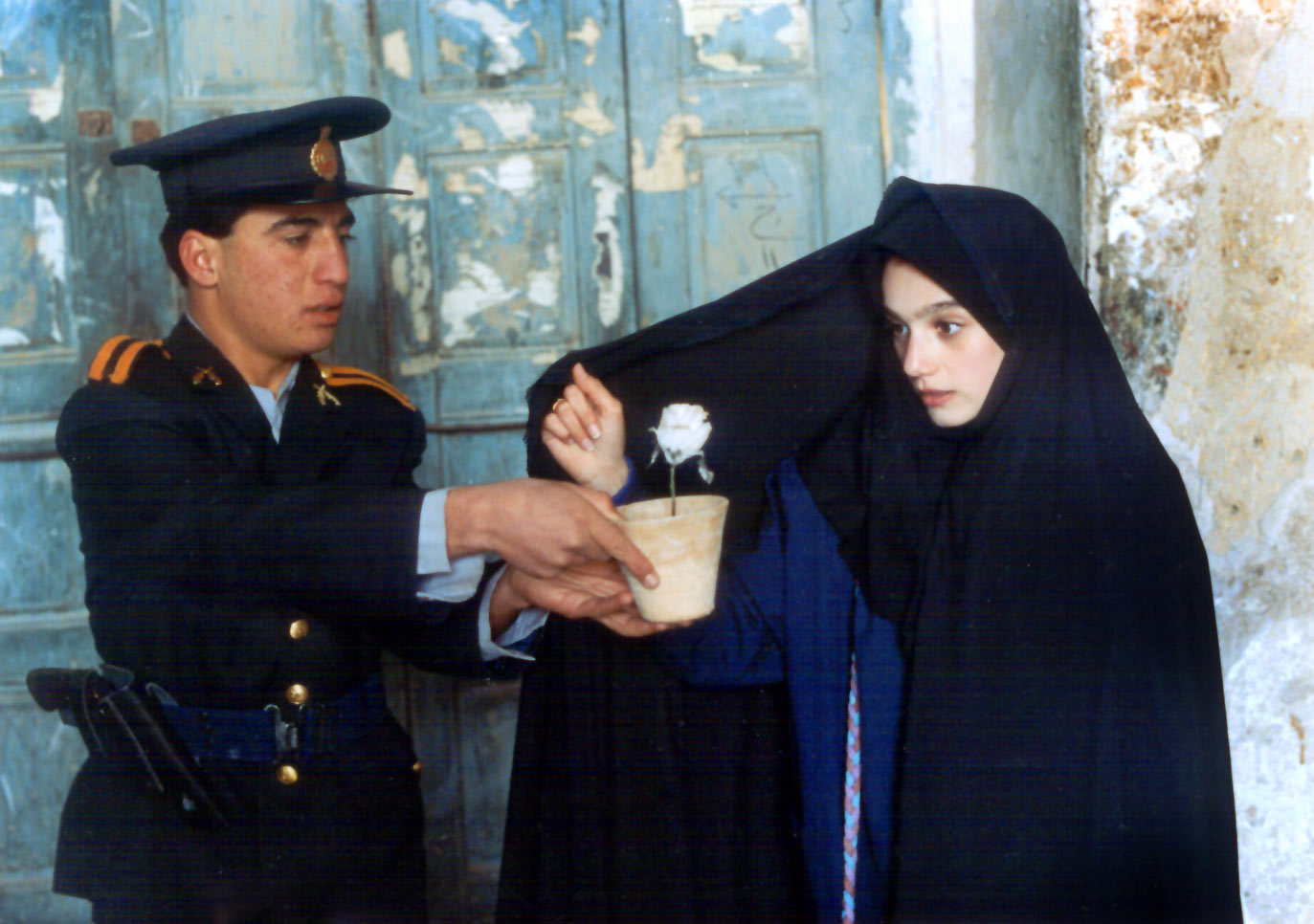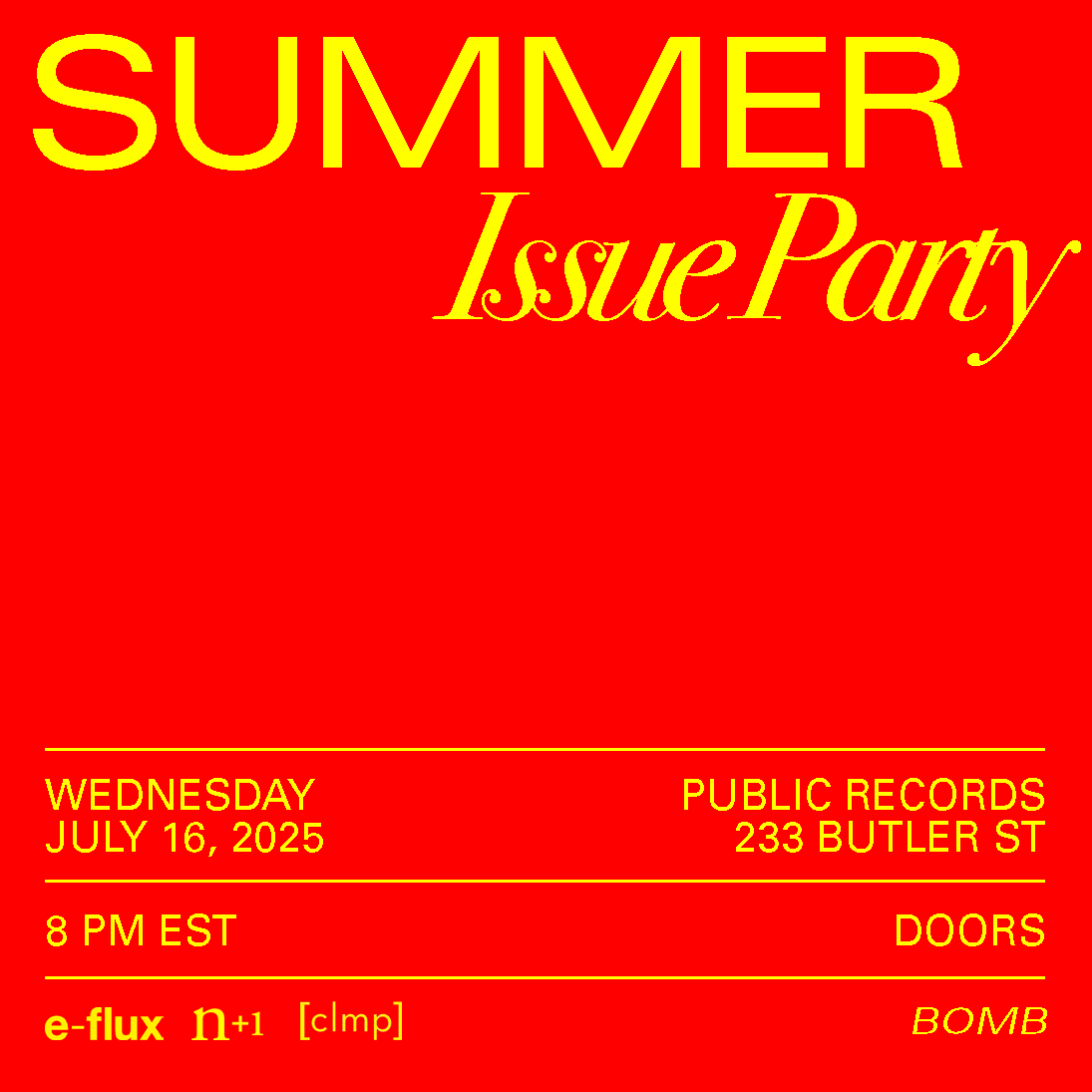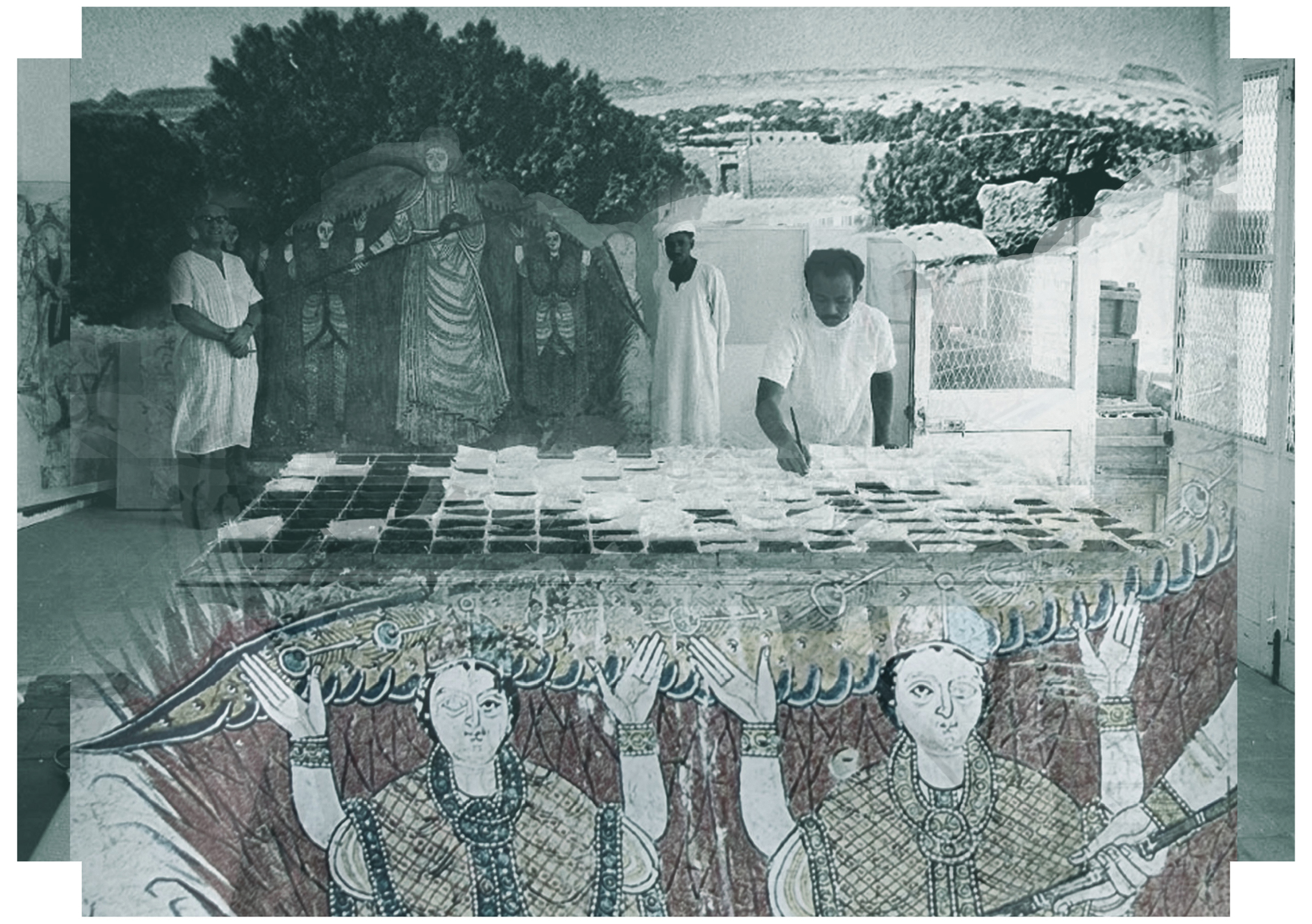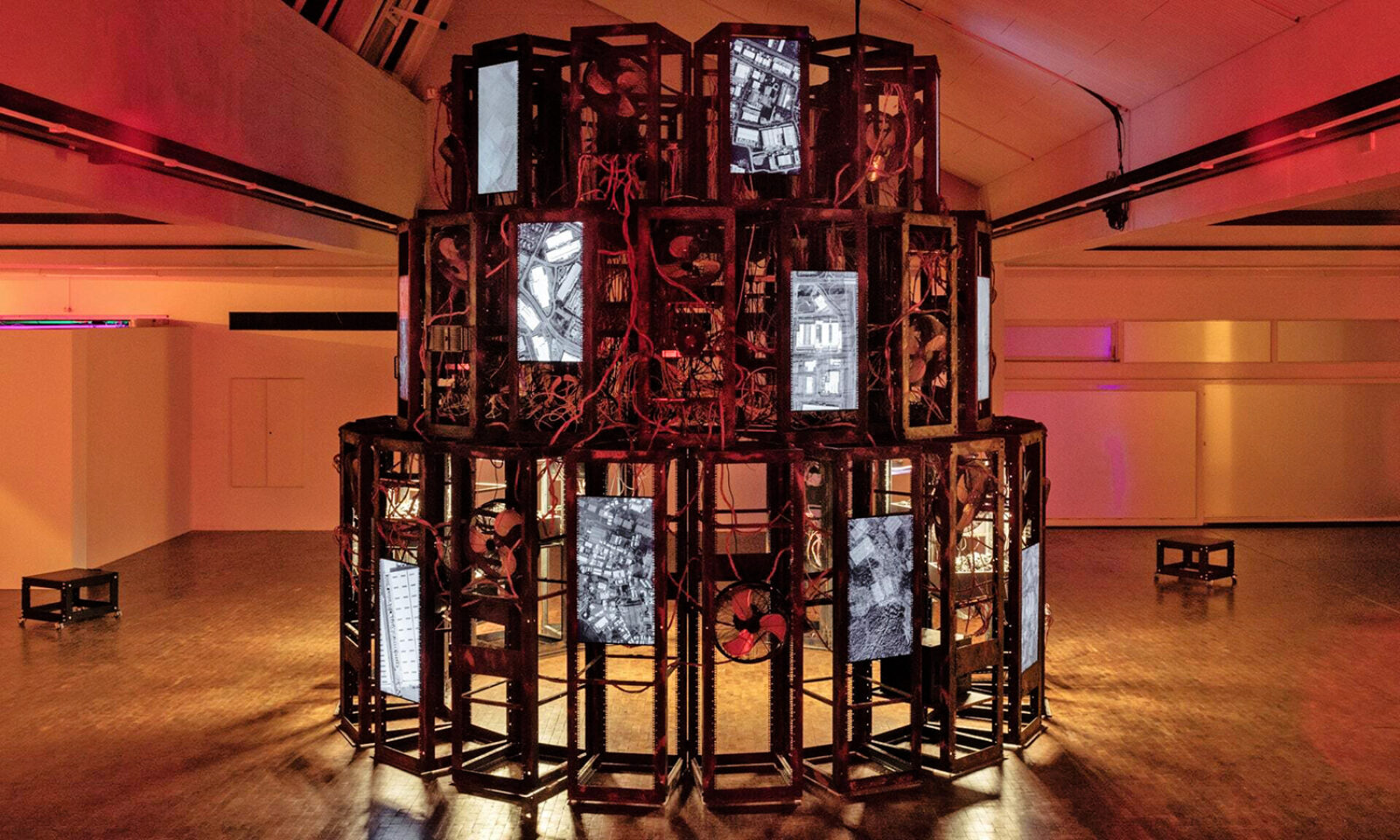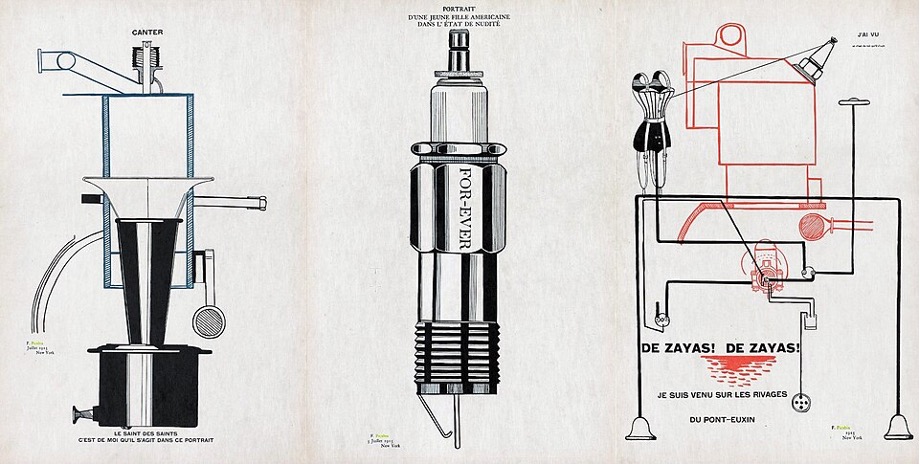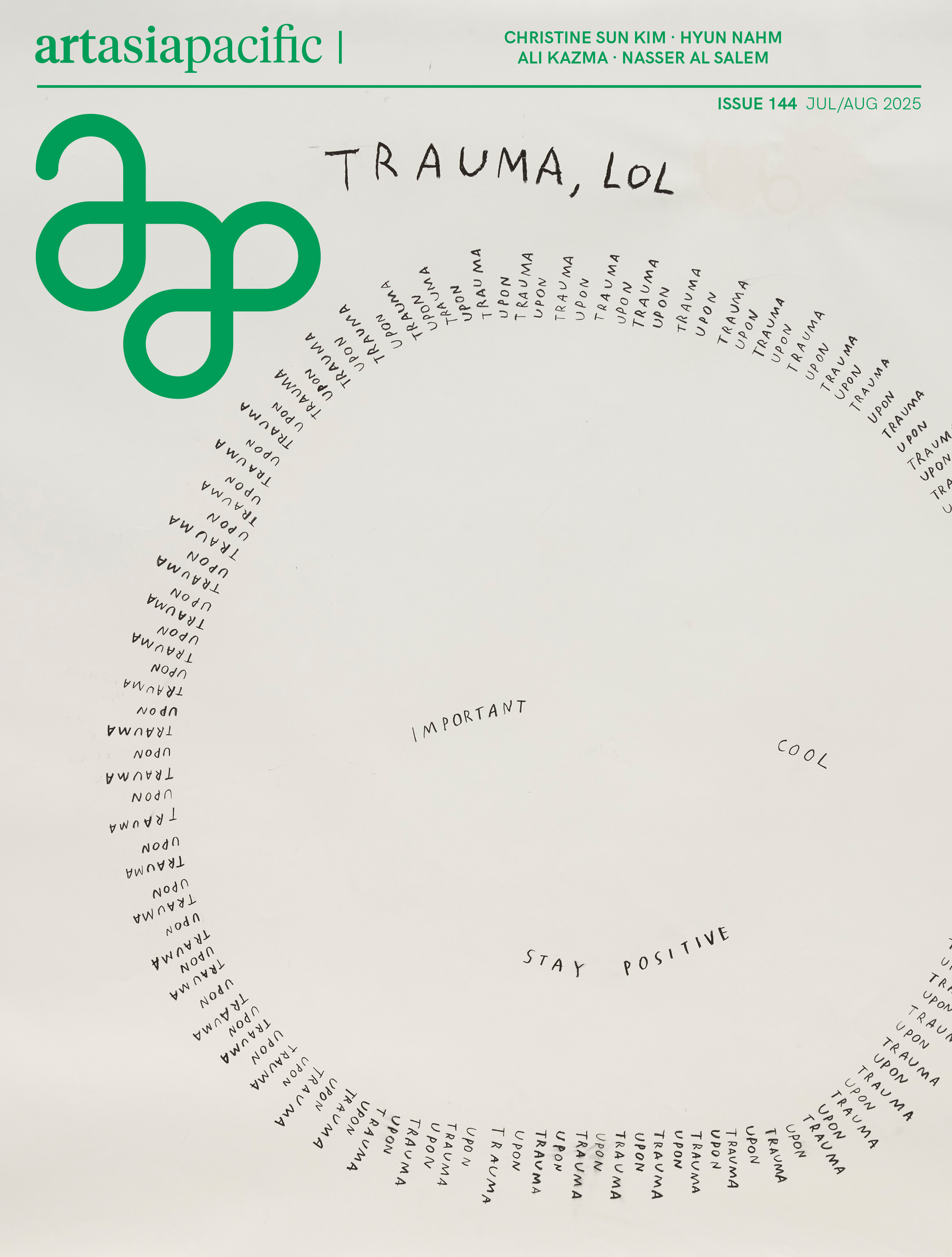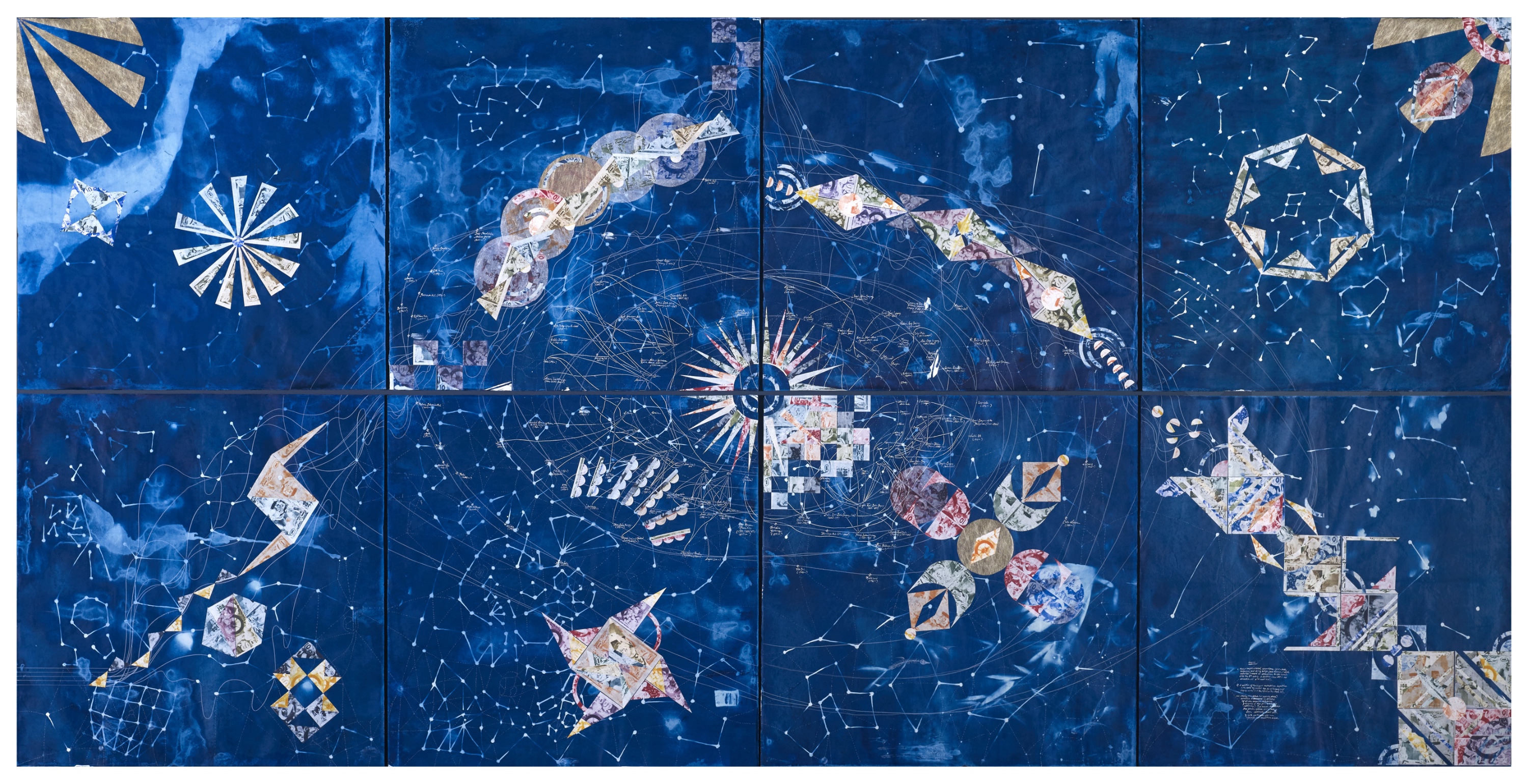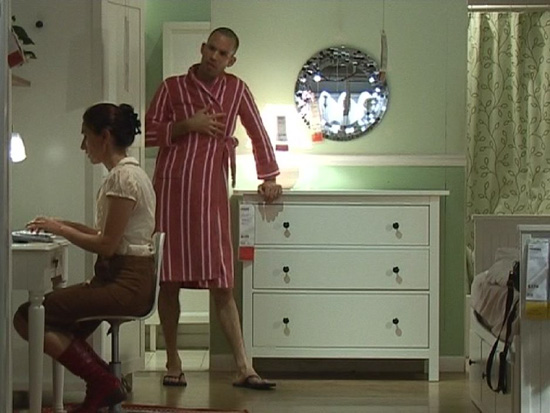July 17, 2011, 12am
Stroom den Haag and NAIM / Bureau Europa are pleased to announce the opening of a new Time/Store in Maastricht, from July 17th though October 2, 2011.
All across Europe, we are suddenly being told that we are too poor to afford culture, but we are not poor. Many of us are artists, writers, curators, teachers, filmmakers, designers, and architects, and we have knowledge and skills. We can self-organize.
The dismantling of public funding for critical culture in the Netherlands in particular has made it urgent and necessary to develop new support structures if critical culture is to remain viable and vibrant. Alternative economies and other mutual aid systems may be one of the ways by which independent organizations and cultural producers may persevere.
Last May, Stroom Den Haag opened the Dutch branch of the e-flux Time/Bank, a platform and community for the cultural sector through which goods and services can be exchanged internationally by using time as a denomination of exchange. As cultural producers, we often do things without the use of money, and the Time/Bank is a tool to amplify this ability—based on the premise that everyone in the field of culture has something to contribute, and that it is possible to develop and sustain an alternative economy by connecting existing needs with unacknowledged abilities.
Time/Store follows the historic Cincinnati Time Store, opened by American anarchist Josiah Warren in 1827 as a three-year experiment in alternative economics. Warren’s idea was to develop an exchange system in which the value assigned to commodities would come as close as possible to the amount of human labor necessary to produce them. For example: 8 hours of a carpenter’s labor could be exchanged for eight to twelve pounds of corn. This system eventually led to the creation of time currency, and to contemporary time banking—an international alternative economic movement. We strongly feel that the Time/Bank and other mutual aid systems have the potential to become one of the ways in which an independent critical space can be reclaimed by those who produce it.
Stroom Den Haag, an independent foundation founded in 1989 and a centre for art and architecture, brought the Time/Bank to the Netherlands. The Dutch Time/Bank community is growing fast: this weekend a branch of the Time/Store will open at NAIM/ Bureau Europa in Maastrich. This launch is part of the exhibition “Re-Action! Sustainability through Social Innovation” organized by REcentre, a platform for sustainable design.
To join Time/Bank, please go to www.e-flux.com/timebank

